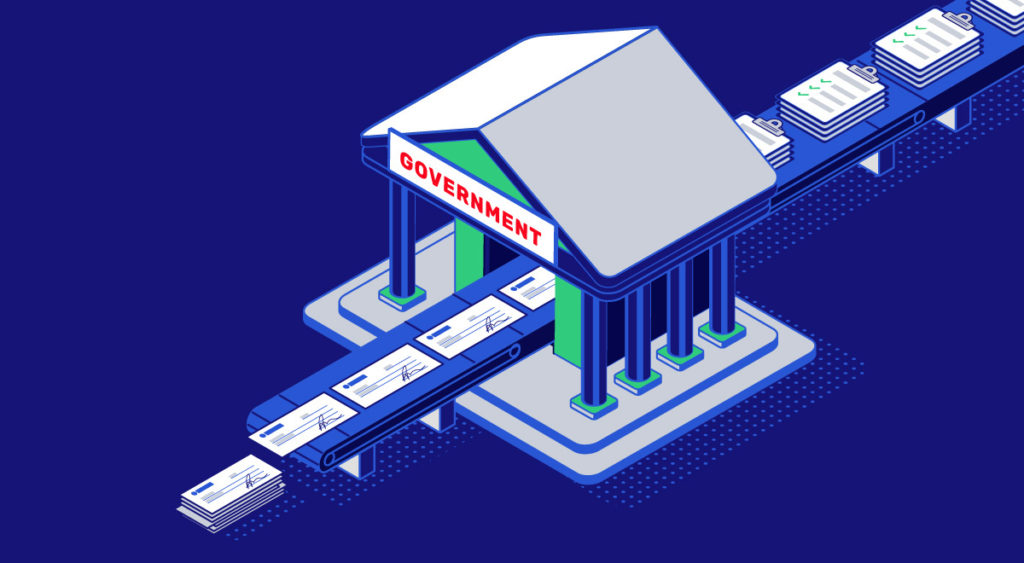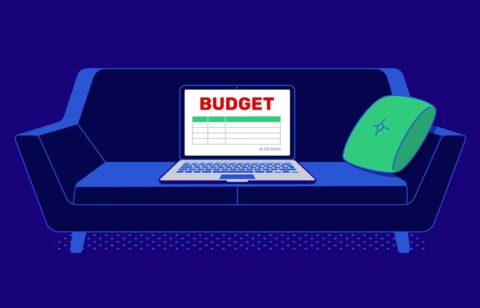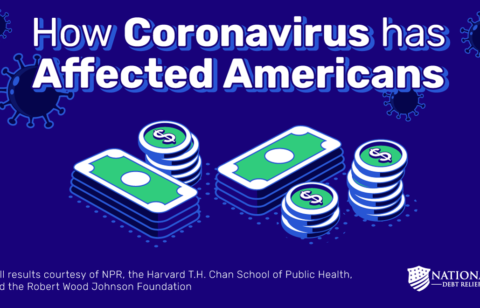If you’re out of work and sequestered in your home or apartment due to a coronavirus “stay at home” order, you’re not alone. During the week ending March 28, 2020, over 6.65 million Americans filed jobless claims, a new record. Dealing with unemployment can be challenging during normal times. Now, however, we’re living amidst a global pandemic. Most Americans are currently unable to leave their homes, and many government offices are closed or at minimal staffing; determining what coronavirus unemployment benefits you may be eligible for can be exceptionally challenging. If you’re out of work because of COVID-19, here’s what you need to know about how coronavirus unemployment benefits work.
Who is Eligible for Unemployment Relief?
The recently enacted $2 trillion Coronavirus Aid, Relief, and Economic Security (CARES) Act provides a wide array of benefits to limit the long-term effects of the coronavirus pandemic. It provides a tremendous amount of support to people who’ve suddenly lost their jobs, including people who aren’t usually covered under traditional unemployment benefit programs. Besides people who are out of work due to the virus, the law also covers furloughed people whose employers may have shuttered due to “stay at home” orders, such as restaurants and retail stores.
The CARES Act will also provide benefits for people who were hired to a position that subsequently was eliminated due to the economic impact of coronavirus. Finally, veterans, people receiving social security benefits, and workers who had to leave their jobs to care for immediate family members affected by the pandemic may also be eligible for aid.
How Much in Unemployment Benefits Will I Receive?
Through the CARES Act, Americans who are eligible for unemployment benefits will receive up to $600 per week, for up to 13 weeks. It’s important to note that this Federal unemployment benefit will be applied on top of benefits you may be eligible for through your state. For example, if your state provides $500 per week for unemployment, you’ll likely receive $1,100 per week through the coverage period. While the new CARES coverage is important, ensure to check and see how much unemployment relief you’re eligible for in your state as well.
Who is NOT Eligible for Benefits?
While the CARES unemployment coverage is comprehensive, some Americans won’t be eligible for its benefits. For example, if you quit your job for a reason unrelated to coronavirus, you likely won’t qualify for the unemployment coverage. Workers who were already receiving coverage prior to the CARES Act’s enactment likely will be ineligible as well. Self-employed and gig economy workers who don’t keep good records will have difficulty qualifying for these benefits as well. However, even if you don’t qualify for support under CARES, your state may cover you, so make sure you check your state unemployment eligibility if you’re suddenly out of work.
How and When Do I Receive These Benefits?
Let’s start with the easier of the two questions, the “when.” You can apply for CARES unemployment benefits right now since the enacted law is in effect. In terms of the “how,” there’s no Federal unemployment system, so people eligible for CARES benefits will need to apply for them through their state unemployment office. Keep in mind that record numbers of people are currently filing for unemployment across the country, and many offices are minimally staffed; thus, it may take some time to file for and receive your benefits.
What Other Benefits Might I Be Eligible For?
Besides unemployment benefits, the CARES Act also provides other kinds of relief that can help mitigate the effects of suddenly being out of work due to coronavirus. For example, many Americans will be eligible for a one-time payment of $1,200. Married couples will also receive an additional payment of $500 per child. Federal workers dislocated due to the pandemic and contractors that can aid with the response to the coronavirus health threat may be eligible for relief. If you do contract coronavirus, CARES will pay for any testing and treatment you require. If you’d like to determine what other benefits you might be eligible for, check the Department of Labor’s Coronavirus Resource Page.
The coronavirus pandemic is one of the most significant challenges our nation has ever faced; the threat of the virus itself, along with the stress of losing your job, can seem insurmountable. However, it doesn’t have to be. Ensure you check in with your state’s unemployment office to determine if you’re eligible for benefits; if you are, apply for them right away. Alternatively, check outside hustles you can take on from the comfort of your own home. Securing that you and your family have the financial resources needed to make it through these difficult times will do a great deal to keep the stress under control while you’re staying safe at home.





